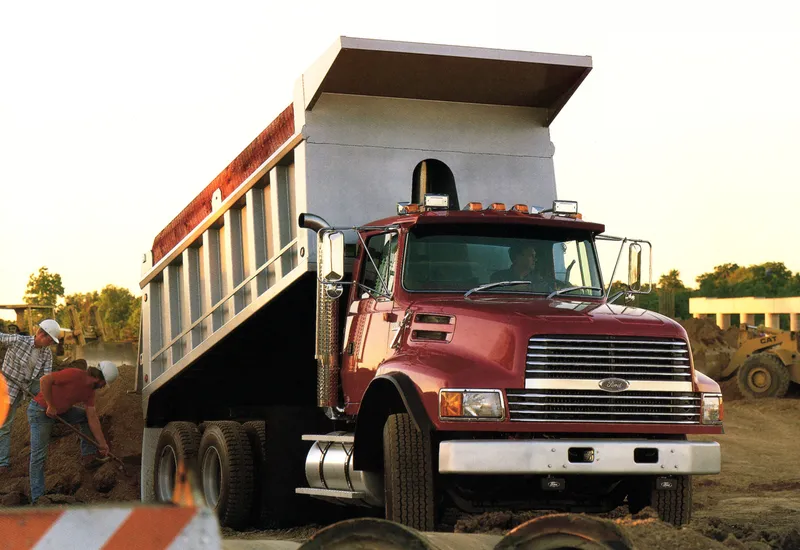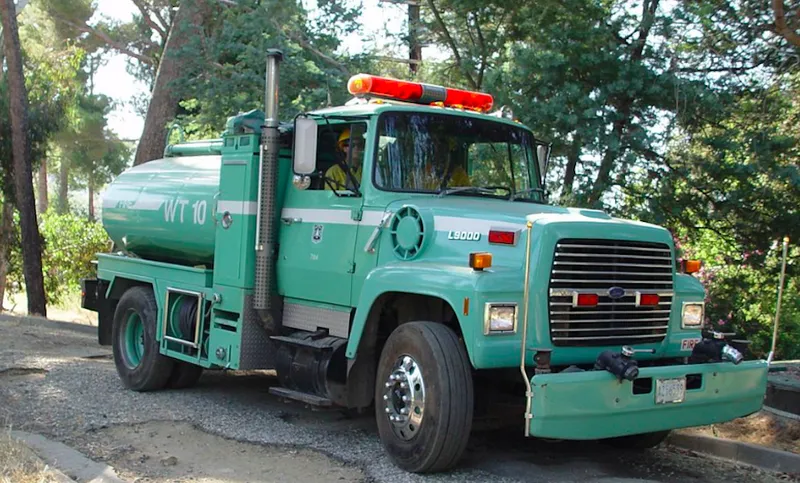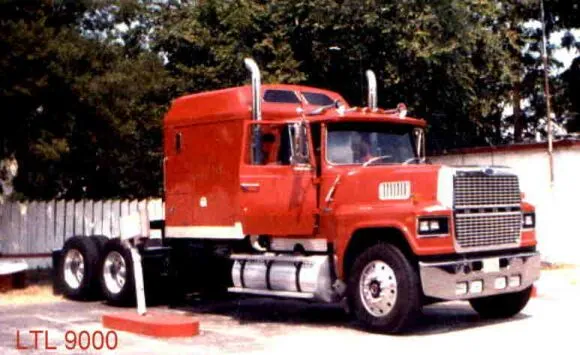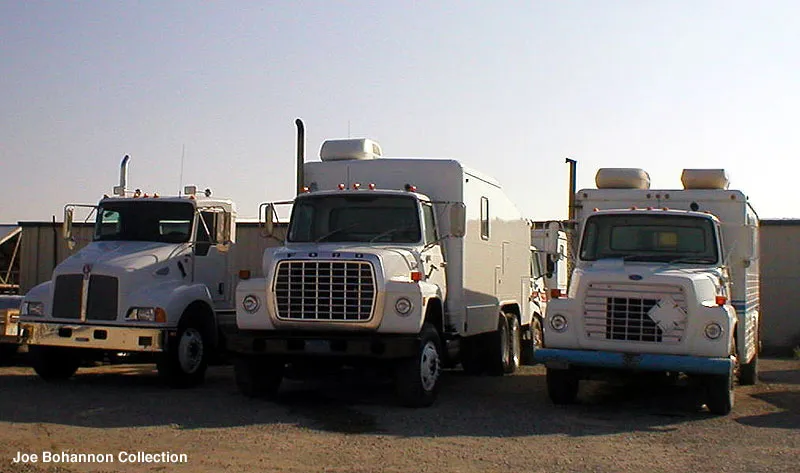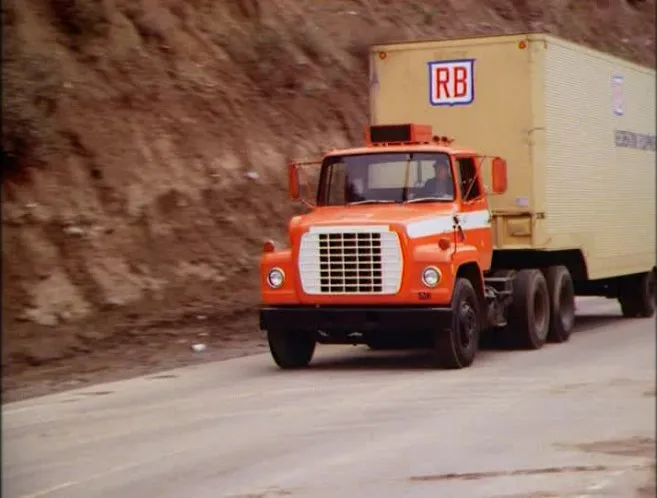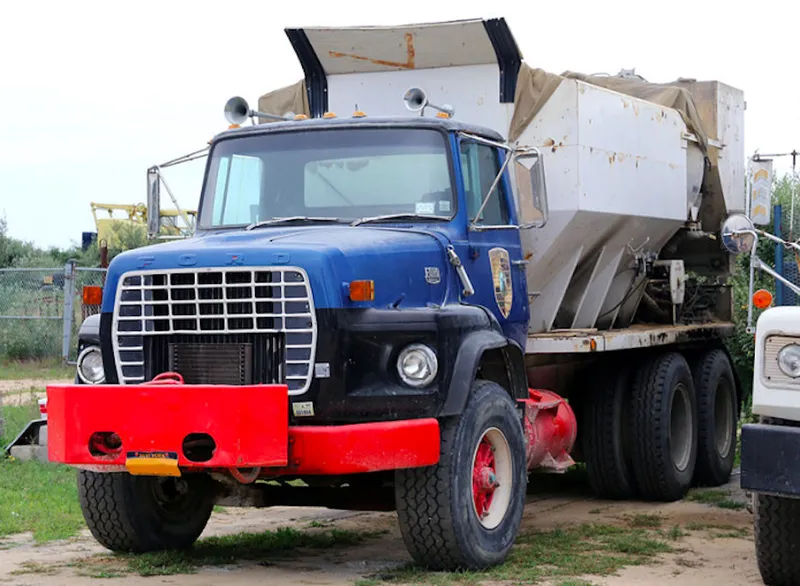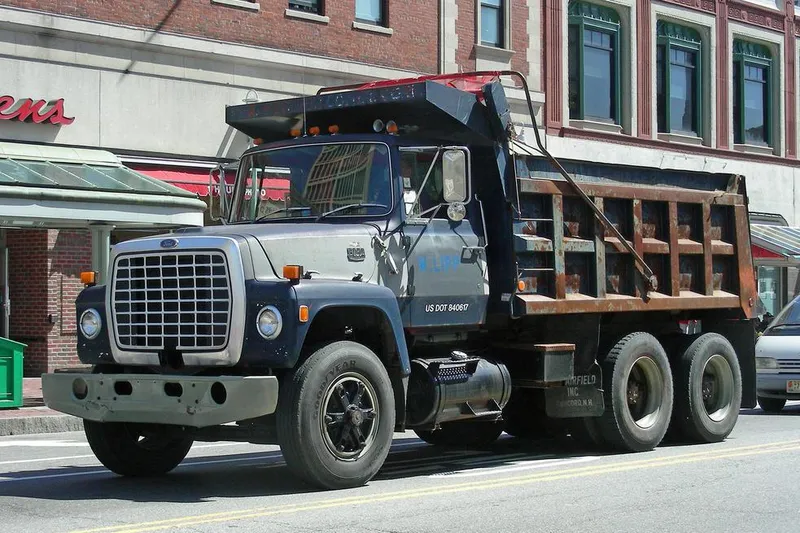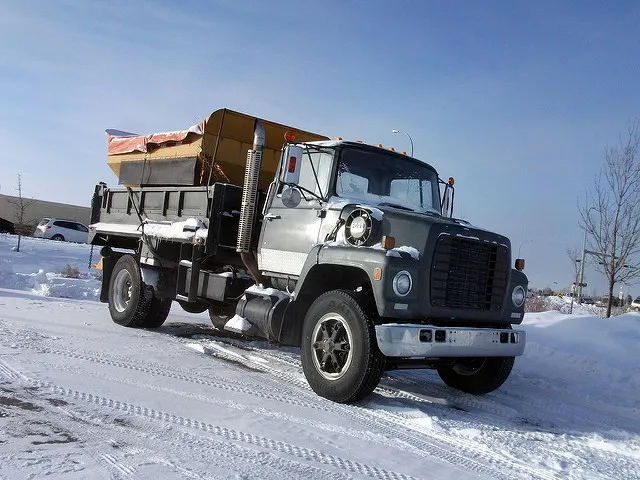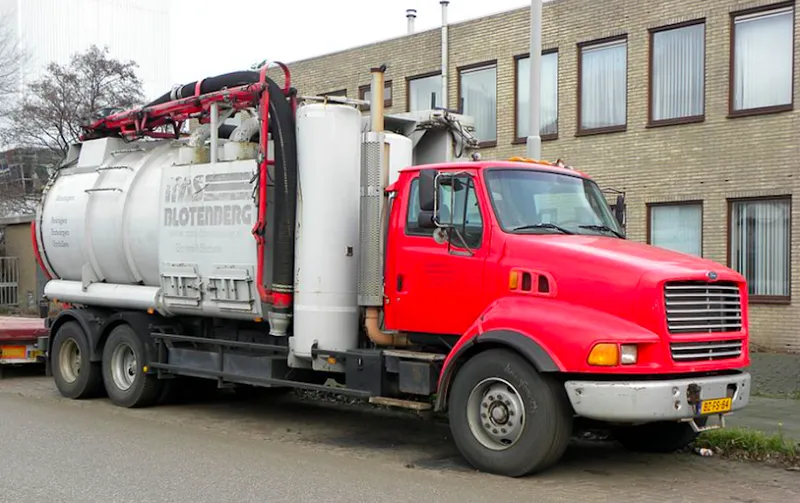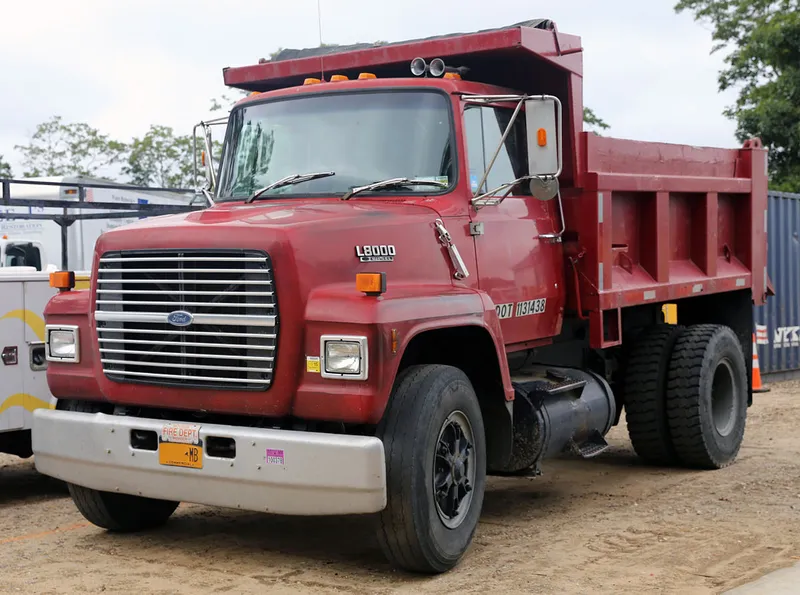
The Ford L-Series, also known as the “Louisville Line,” was a series of medium- and heavy-duty trucks manufactured by Ford Motor Company from the late 1970s through the 1990s. This lineup was designed to cater to various commercial and vocational applications, offering versatility, reliability, and robustness for different industries.
The L-Series trucks were available in different weight classifications and configurations to meet diverse needs, including regional hauling, construction, utility, and other vocational uses. These trucks were known for their durability and were commonly used for heavy-duty tasks requiring substantial payload capacities.
The lineup encompassed models such as the L600, L700, L800, and others, each offering different levels of gross vehicle weight ratings (GVWR) to suit specific hauling requirements. They were equipped with various engine options, including gasoline and diesel variants, providing power and efficiency for medium- to heavy-duty applications.
The design of the L-Series trucks emphasized durability and ease of maintenance, with sturdy chassis and suspension systems capable of withstanding demanding work environments. The cabs were designed with driver comfort in mind, offering functional interiors with ergonomic features to enhance the driver’s experience during long hauls or work shifts.
Ford’s L-Series trucks gained popularity among businesses and industries that required reliable and robust vehicles for commercial use. These trucks were employed in roles such as regional transportation, construction, and utility services, where their reliability and hauling capabilities were appreciated.
As the commercial truck market evolved, Ford phased out the L-Series lineup, discontinuing production in the late 1990s. This made way for newer generations of medium- and heavy-duty trucks, featuring updated technologies, improved features, and enhanced capabilities. Despite their discontinuation, the Ford L-Series trucks remain part of Ford’s truck heritage, recognized for their reliability and utility during their production era.
